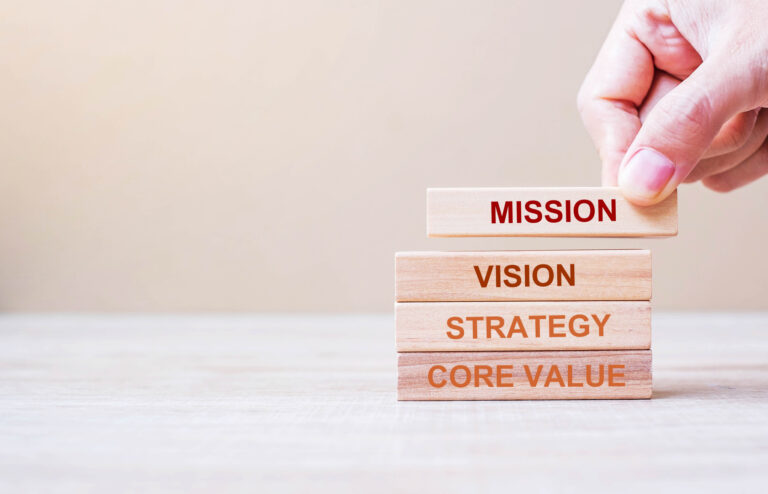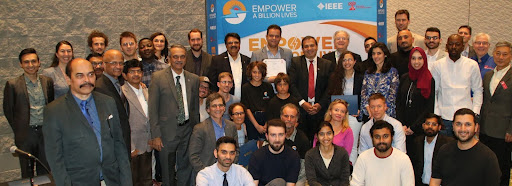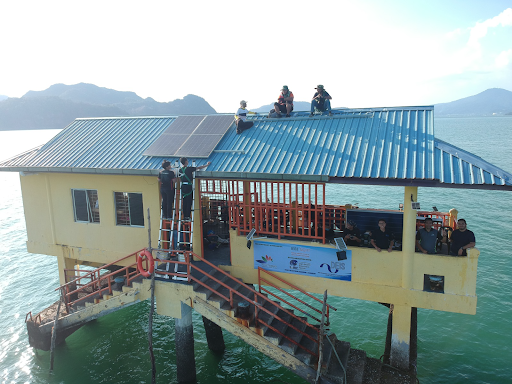
By Dalma Novak, , 2025 VP Technical Activities
Lifelong learning is defined as the ongoing, self-motivated pursuit of knowledge and skills throughout one’s life, extending beyond formal education. The World Economic Forum recently published a report on the future of jobs that emphasized the increasing and vital need to reskill employees due to rapid advancements in technology. As technologists, we naturally understand the importance of lifelong learning to stay relevant, competitive and adaptable. Constantly expanding and updating our knowledge and skills allows us to be more creative and innovative in developing new ideas and solutions. My first memory of the concept of lifelong learning with the IEEE was shortly after I became a student member 36 years ago. At that time, my learning centered on gaining access to technical resources like journals and conference publications to support my PhD research. It was only later that I realized how significantly the IEEE could contribute to my ongoing skills development for both career advancement and personal growth.
The IEEE offers its members a variety of learning opportunities and activities that adapt to changing needs at different professional and life stages. Within IEEE Technical Activities (TA), Societies, Councils, and Technical Communities play a significant role in supporting lifelong learning for their communities. Conferences, workshops and lectures are the foundation for learning and knowledge sharing within specific technical fields. Additionally, TA also collaborates closely with IEEE Educational Activities on various programs that foster a culture of lifelong learning and inspire the next generation of technologists. For example, the IEEE Learning Network serves as a central hub for continuing education for technical professionals featuring online courses, webinars, and other learning resources developed by many IEEE technical communities. Currently, more than 800 courses and training modules are available on topics covering core and emerging technologies as well as leadership skills.
IEEE Affinity Groups also support their communities through lifelong learning opportunities. IEEE Young Professionals (YP) offer various initiatives aimed at fostering ongoing professional and personal growth for members. As part of its mentorship program, YP connects younger IEEE members with more experienced technical professionals who provide valuable guidance, support, and networking opportunities. Mentees develop technical and interpersonal skills relevant to their careers and learn strategies for success. Many Societies and Councils also support their YP members’ lifelong learning by organizing tailored events and sessions at flagship conferences and meetings. These activities promote increased engagement, develop leadership skills, and offer career and technical development opportunities.
IEEE Life Members support their members’ lifelong learning by providing access to technical and educational resources that help them stay current in their fields. Recently, the IEEE Life Members Evolution Conference was established as an annual event to explore technological advancements and their applications, focusing on how these changes affect seniors and the broader community. This new event brings together technical professionals to network, learn about emerging technologies, and recognize the influence of IEEE members on the profession.
IEEE’s commitment to offering its members opportunities for lifelong learning, from pre-university, university, and graduate students to professionals at all career stages, is also part of the broader IEEE mission of advancing technology education and ensuring workforce readiness worldwide. To support this mission and foster collaboration and excellence across IEEE, this year IEEE President and CEO Kathleen Kramer established a committee to develop a One IEEE strategy that empowers technical innovation through education. The committee is tasked with creating a support ecosystem for advancing education and lifelong learning across IEEE’s fields of interest. Its work also supports one of the goals of the recently adopted five-year IEEE strategic plan, which aims to empower technology professionals in their careers through ongoing education, mentoring, networking, and lifelong engagement.
Lifelong learning is becoming increasingly essential for successfully adapting to technological changes and an evolving job market. Increased life expectancy also creates a need to learn new skills and knowledge to adjust to changing life circumstances and pursue new interests. The IEEE supports its members by developing new opportunities for lifelong learning, focusing on increased access to resources and diverse learning experiences. By engaging in this personalized lifelong learning, we can improve our ability to grow, adapt, and succeed in both our work and personal endeavors.






5 Responses
Excellent article motivating young professionals about the contribution of IEEE in Lifelong learning
Good article. As a retired IEEE member I continue to teach master’s level courses at the Universidad Tecnologica Nacioal in Buenos Aires, Argentina, on the physics of photovoltaic solar cells and the manufacturing technology of silicon solar cells and photovoltaic modules. Clearly, AI can have a large impact on the technology, course content and teching techniques. I will be looking for a course I can take myself to improve the courses.
Lifelong Learning is also about developing inner mental peace in this ever chaotic world, and controlling the many inputs to our brains in order to do this over the impression forming years. Then like in circuit analysis where we may have many inputs and outputs, using these acquired memories and knowledge over the increasing lifespan, to output in later years with acquired further knowledge to complement the knowledge and experience of our offspring. For acumination by them over their lifespans, and so on for future generations.
Inspiring. In addition, it’s a form of soft skills.
The value of life long learning should never be underestimated as a mantra for everyone of every age and any mechanism to encourage or support this endeavour should be met with enthusiastic open arms.